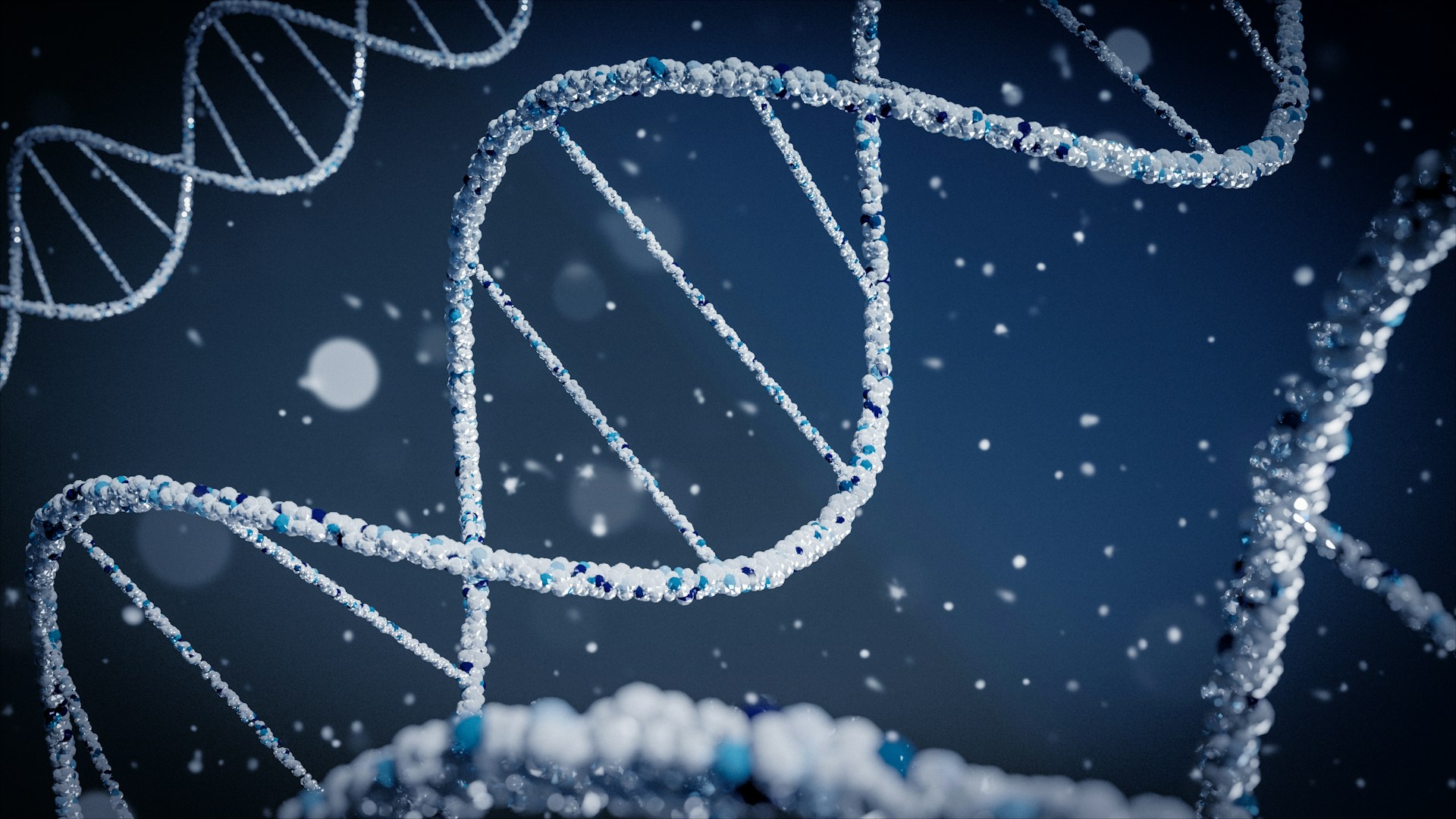INSIGHTS
The latest insights & news from Kinetica
The Impact of Proteomics Applications in Forensic Science
07 May, 20245 MinutesForensic science has long been a cornerstone of criminal investigations, providing crucial e...

Forensic science has long been a cornerstone of criminal investigations, providing crucial evidence to solve crimes and bring perpetrators to justice. Over the years, advancements in technology have revolutionised forensic practices, and one such advancement making significant strides is the application of proteomics. Proteomics, the study of proteins and their functions, has introduced innovative techniques and methodologies that are reshaping how forensic scientists analyse evidence and extract valuable information from crime scenes. In this blog post, we will explore the transformative role of proteomics in forensic science and how it is enhancing investigative processes and outcomes.
Understanding Proteomics in Forensic Science:
Traditionally, forensic investigations have relied heavily on DNA analysis to identify suspects and link them to crime scenes. While DNA analysis remains a powerful tool, it has limitations, especially when dealing with degraded or trace amounts of biological evidence. This is where proteomics comes into play. Proteomics techniques enable forensic scientists to analyse proteins present in biological samples, offering complementary information to DNA analysis and overcoming some of its limitations.
Proteomics Applications in Forensic Science:
Identification of Body Fluids: Proteomics allows for the identification of specific proteins unique to different body fluids such as blood, saliva, semen, and urine. By analysing the protein profiles of stains found at crime scenes, forensic scientists can determine the type of bodily fluid present, aiding in the reconstruction of events and providing valuable insights for investigations.
Age Estimation: Proteomic analysis of dental or skeletal remains can provide estimates of an individual's age at the time of death. Certain proteins exhibit predictable changes in abundance or modification patterns over time, allowing forensic scientists to determine the age range of unidentified remains with greater accuracy.
Forensic Serology: Proteomics-based serological techniques offer improved sensitivity and specificity compared to traditional methods, allowing for the detection of blood group antigens and other protein markers with higher precision. This enhances the ability to identify individuals and establish links between suspects and crime scenes.
Biological Fluid Profiling: Proteomics enables the comprehensive profiling of biological fluids, including the detection of disease markers, drugs, and toxins. This information can be crucial in forensic investigations involving poisoning, drug-related crimes, or cases where the presence of specific biomarkers may indicate underlying health conditions or drug abuse patterns.
Forensic Anthropology: Proteomic analysis of bone remains can provide valuable insights into the biological characteristics of individuals, such as sex, ancestry, and even lifestyle factors. By examining protein markers present in bone tissues, forensic anthropologists can refine their assessments and contribute to the identification of unknown individuals.
To illustrate the real-world impact of proteomics in forensic science, let's consider a couple of case studies:
Identification of Skeletal Remains: In a cold case involving unidentified skeletal remains, forensic anthropologists employed proteomic analysis of bone proteins to determine the individual's sex, ancestry, and age range. This information helped narrow down potential matches from missing persons databases, eventually leading to the positive identification of the deceased and closure for their family.
Bloodstain Analysis: In a homicide investigation where bloodstains were the primary evidence, proteomic analysis of the stains revealed the presence of specific blood proteins unique to the victim. By comparing the protein profiles of the bloodstains with those of known individuals, forensic scientists were able to establish a direct link between the suspect and the crime scene, strengthening the prosecution's case.
The integration of proteomics into forensic science has brought about significant advancements, enhancing the capabilities of forensic investigators and contributing to more effective crime-solving strategies. From the identification of body fluids to the profiling of biological samples, proteomics offers valuable insights that complement traditional forensic techniques and expand the forensic toolkit. As technology continues to evolve, proteomics is poised to play an increasingly vital role in unraveling the complexities of forensic investigations and delivering justice for victims and their families.
How do you think proteomics will continue to influence the future of forensic science?
#forensicscience #proteomics #criminaljustice #dnaanalysis #biomarkers #crimeinvestigation #forensictechnology #evidenceanalysis #justice #coldcases #biologicalfluids #crimeanalysis #forensicanthropology #skeletonidentification #bloodstains #crime-solving #investigativeprocess #forensicchemistry #scienceandlaw #technologicaladvancements



